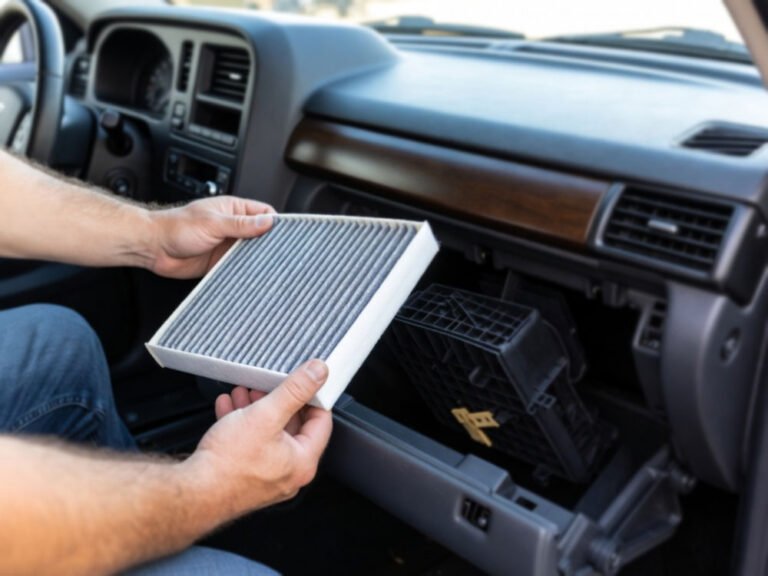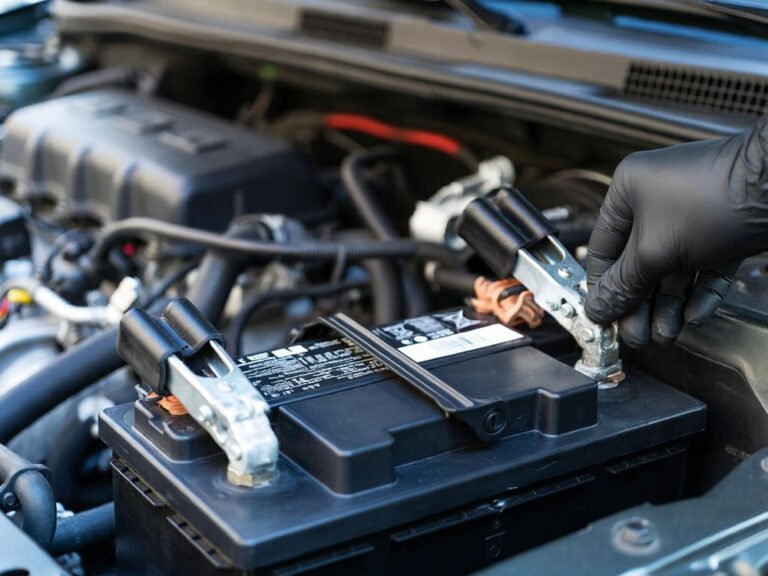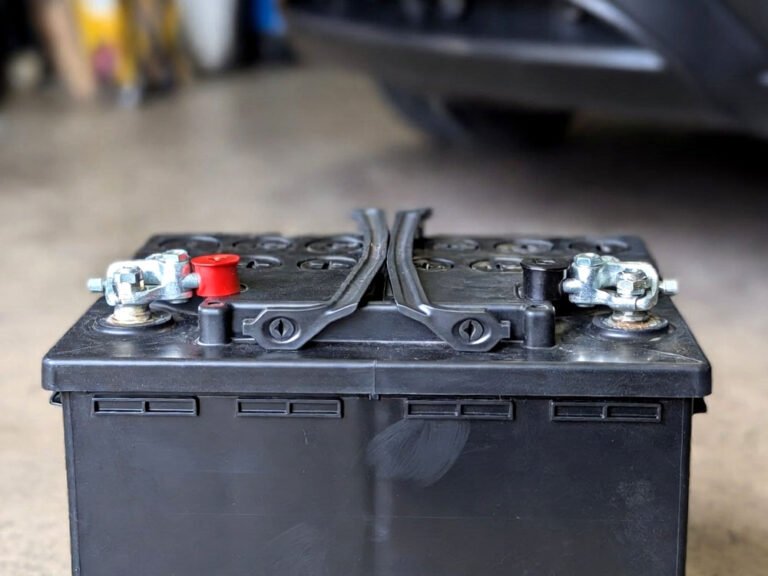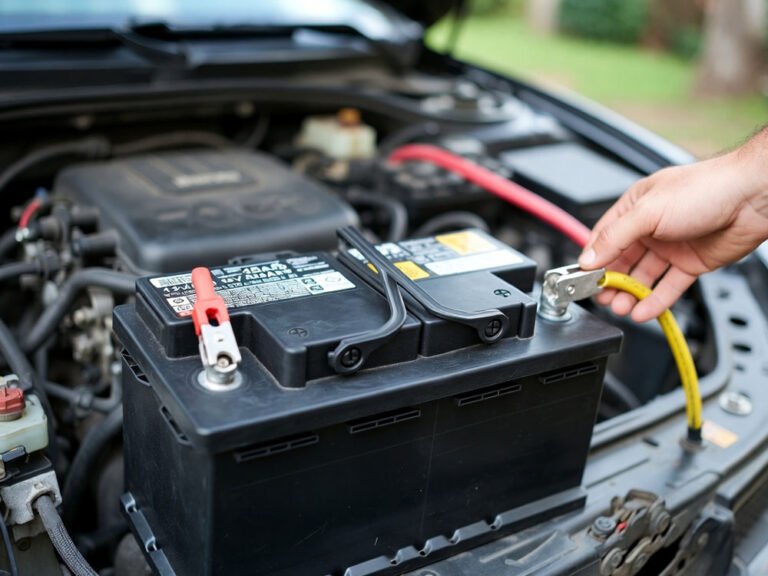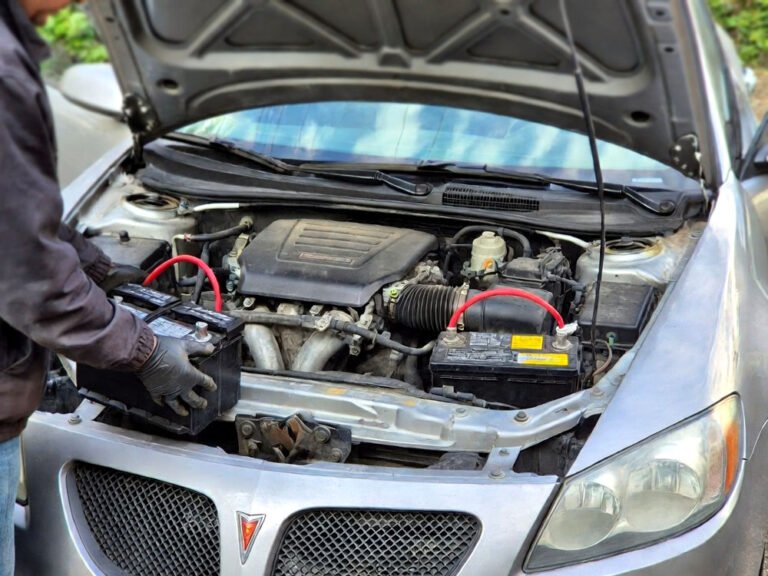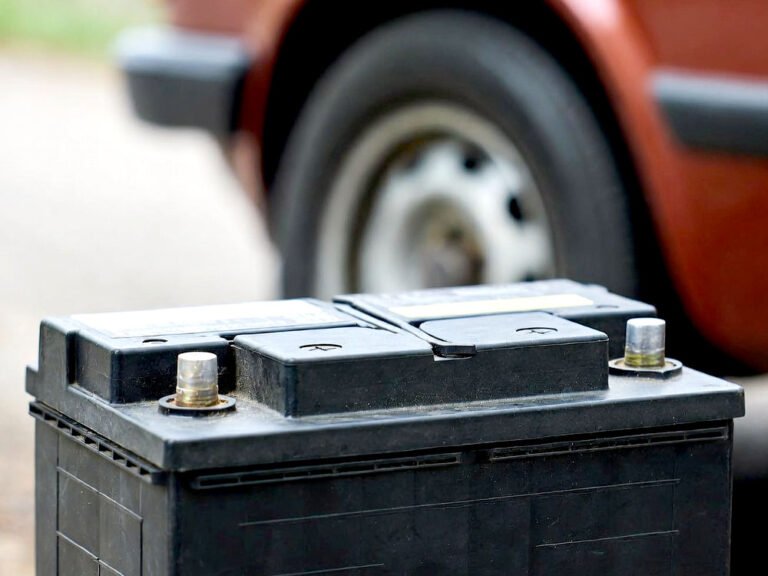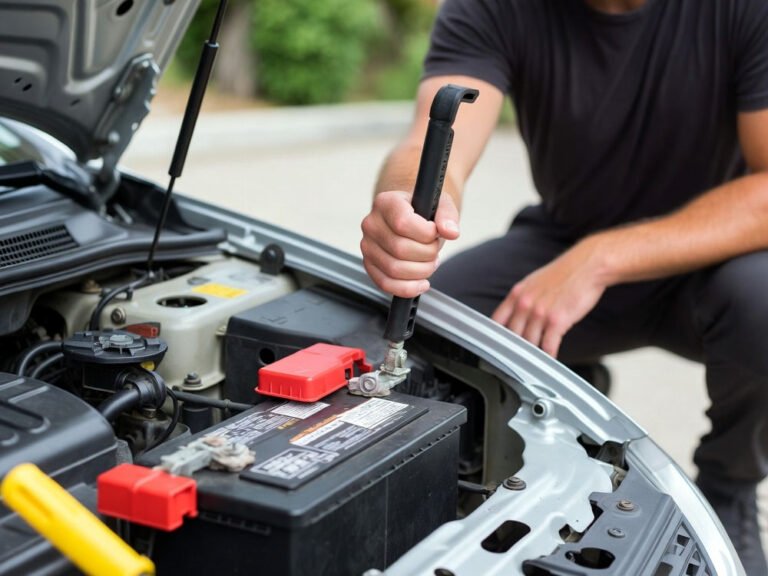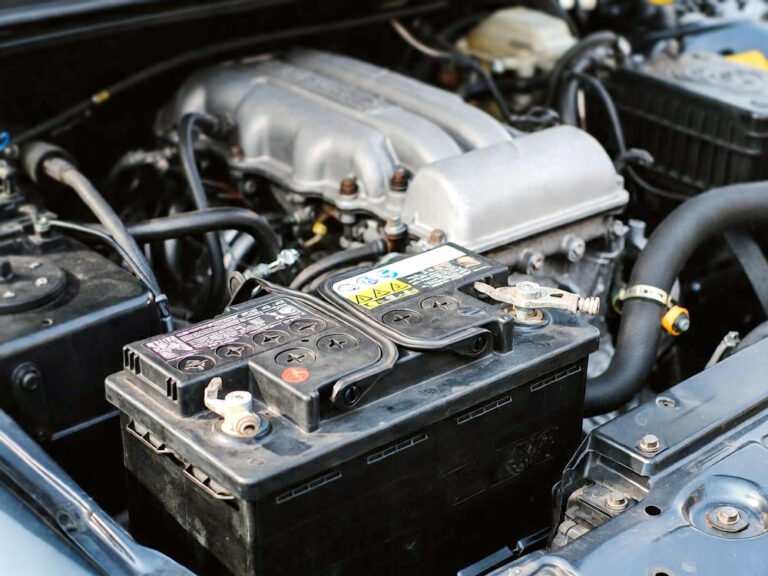To keep squirrels out of your car engine, use squirrel repellents and deterrents such as natural deterrent sprays and ultrasonic repellent devices. These methods can help protect your car from squirrel damage.
Squirrels can cause extensive damage to car engines by chewing through wires and nesting in compartments. This can lead to costly repairs and inconvenience for car owners. To prevent squirrels from accessing your car engine, it’s important to implement effective repellent and deterrent strategies.
This article will provide you with practical tips on how to keep squirrels out of your car engine. By using natural deterrent sprays and ultrasonic repellent devices, you can protect your vehicle from potential squirrel damage. These methods are easy to implement and can help ensure the safe and smooth functioning of your car engine. Let’s dive into the details of how to keep squirrels away from your vehicle’s engine bay.

Credit: www.amazon.com
Understanding The Problem
When it comes to car maintenance, squirrels are not often the first thing that comes to mind. However, these furry critters can cause significant damage to your vehicle – particularly to the engine. Understanding the extent of the problem can help you take necessary measures to keep squirrels away from your car engine.
Types Of Damage Caused By Squirrels
Squirrels can wreak havoc on your car’s engine, causing various types of damage that can lead to costly repairs. Some of the common types of damage caused by squirrels include:
- Chewed wiring: Squirrels have an innate tendency to chew on objects, and unfortunately, your car’s wiring is no exception. The wires in your car engine can be enticing to squirrels, and their chewing can result in electrical problems or even fire hazards.
- Nest building: Squirrels are crafty creatures that often look for warm and safe places to build their nests. Unfortunately, the nooks and crannies of car engines can provide them with the perfect shelter. Their nest-building activities can obstruct airflow, lead to overheating, and damage important components of the engine.
- Damage to hoses and belts: Squirrels can also chew on rubber hoses and belts, which are crucial for the proper functioning of your car’s engine. Damaged hoses and belts can cause leaks, loss of fluid, and even engine failure.
Why Squirrels Target Car Engines
You might be wondering why squirrels are particularly drawn to car engines in the first place. Well, the reasons are quite simple:
- Warmth: Car engines provide a warm environment, especially when they have recently been running. Squirrels seek shelter from the cold, especially during winter months, and these warm engines offer them the perfect spot to keep cozy.
- Protection: Car engines provide squirrels with protection from predators. The enclosed space keeps them safe from larger animals that may pose a threat.
- Food storage: Squirrels are known to hoard food. Engines offer them a secure space to store their stash away from other animals who might try to steal it.
- Easy access: Squirrels are agile climbers and can easily access your car engine by using nearby trees, fences, or even electrical wires.
Now that we understand the problem and the reasons behind squirrels targeting car engines, it’s important to implement effective measures to keep them away. By taking proactive steps, you can prevent damage, save on repair costs, and enjoy a squirrel-free engine.
Preventive Measures
Preventing squirrels from making your car engine their cozy abode requires proactive measures. By taking preventive steps, you can keep these mischievous rodents away from your vehicle, saving yourself from potential damage and costly repairs.
Sealing Entry Points
The first step in preventing squirrels from wreaking havoc on your car engine is to seal all possible entry points. Squirrels can squeeze through even the tiniest gaps, so it’s crucial to inspect your vehicle thoroughly. Here’s a handy list of areas to check for potential entry points:
| Areas to Check | Sealing Method |
|---|---|
| Chewed wires or hoses | Replace damaged components and secure with electrical tape or wire loom. |
| Gaps in the hood | Install metal wire mesh or hardware cloth to cover any openings. |
| Damaged or missing weatherstripping | Replace with new weatherstripping to create a tight seal. |
| Cracked windshield or windows | Repair or replace damaged glass promptly. |
By taking these sealing measures, you can significantly reduce the chances of squirrels gaining access to your car engine.
Using Squirrel Repellents
In addition to sealing entry points, using squirrel repellents can be an effective way to deter these critters from getting near your vehicle. There are various repellent options available, including:
- Spray repellents: These are easy to apply and usually contain natural ingredients like peppermint oil or garlic, which repel squirrels.
- Ultrasonic devices: These emit high-frequency sounds that are unpleasant for squirrels, making them avoid the area around your car.
- Mothballs or predator urine: Placing mothballs or predator urine-soaked cotton balls near your vehicle can create a scent barrier that squirrels find off-putting.
When using squirrel repellents, follow the instructions on the product’s label carefully to ensure maximum effectiveness. It’s also important to reapply repellents regularly, especially after rain or car washes, as they may wash away.
By implementing these preventive measures and staying vigilant, you can safeguard your car engine from squirrel intrusions. Remember, prevention is key when it comes to keeping these furry creatures at bay!
Dealing With An Infestation
Identifying a squirrel infestation in your car engine is crucial in order to take prompt action and prevent any further damage. Once you notice signs of squirrel activity, it’s important to understand the appropriate steps to take for removal and repair. In this section, we will cover the key points to help you effectively deal with this troublesome situation.
Identifying Signs Of Squirrel Infestation
If you suspect a squirrel infestation, be on the lookout for the following signs:
- Chewed wires: Squirrels are notorious for gnawing on wires, causing electrical issues in your car. Look for frayed or damaged wires.
- Nesting materials: Squirrels typically build nests using materials like leaves, twigs, and other items. Check for any signs of nests or nesting materials in your engine compartment.
- Strange noises: Squirrels may make scratching or chewing sounds in your engine area. If you hear any unfamiliar sounds, it’s worth investigating further.
- Foul odor: The presence of squirrel urine or droppings can create a pungent smell. If you notice an unusual odor around your car, it could indicate an infestation.
- Paw prints: Although squirrels have small feet, you might spot their tracks on dusty or dirty engine components.
Taking Action: Removal And Repair
Once you’ve confirmed a squirrel infestation, it’s important to take immediate action to remove them and repair any damage they may have caused. Follow these steps:
- Clear the area: Before starting any removal or repair work, ensure that the engine area is clear of squirrels. You can gently tap on the hood or use a squirrel repellent to encourage them to vacate.
- Protective gear: Wear gloves and a face mask to protect yourself from potential diseases and allergens present in squirrel droppings or urine.
- Remove nests and debris: Carefully remove any nests, nesting materials, or debris in the engine compartment using gloves and a trash bag. Dispose of them properly to discourage squirrels from returning.
- Inspect for damages: Thoroughly inspect the wires, hoses, and other components for any signs of damage caused by squirrel chewing. Note: It’s best to consult a professional mechanic for a comprehensive inspection to ensure all damages are addressed.
- Repair or replace: If you find any damaged wires or components, arrange for repairs or replacements as soon as possible. Prompt action will prevent further electrical or mechanical issues.
- Squirrel-proofing: Once the repairs are complete, take preventive measures to deter squirrels from accessing your car engine. This can include using wire mesh or installing squirrel deterrent devices near the engine compartment.
Remember to regularly inspect your car for any signs of squirrel activity and take preventive measures to minimize the risk of future infestations. By being proactive, you can protect your car engine from unnecessary damage and ensure your vehicle stays squirrel-free.

Credit: www.terminix.com
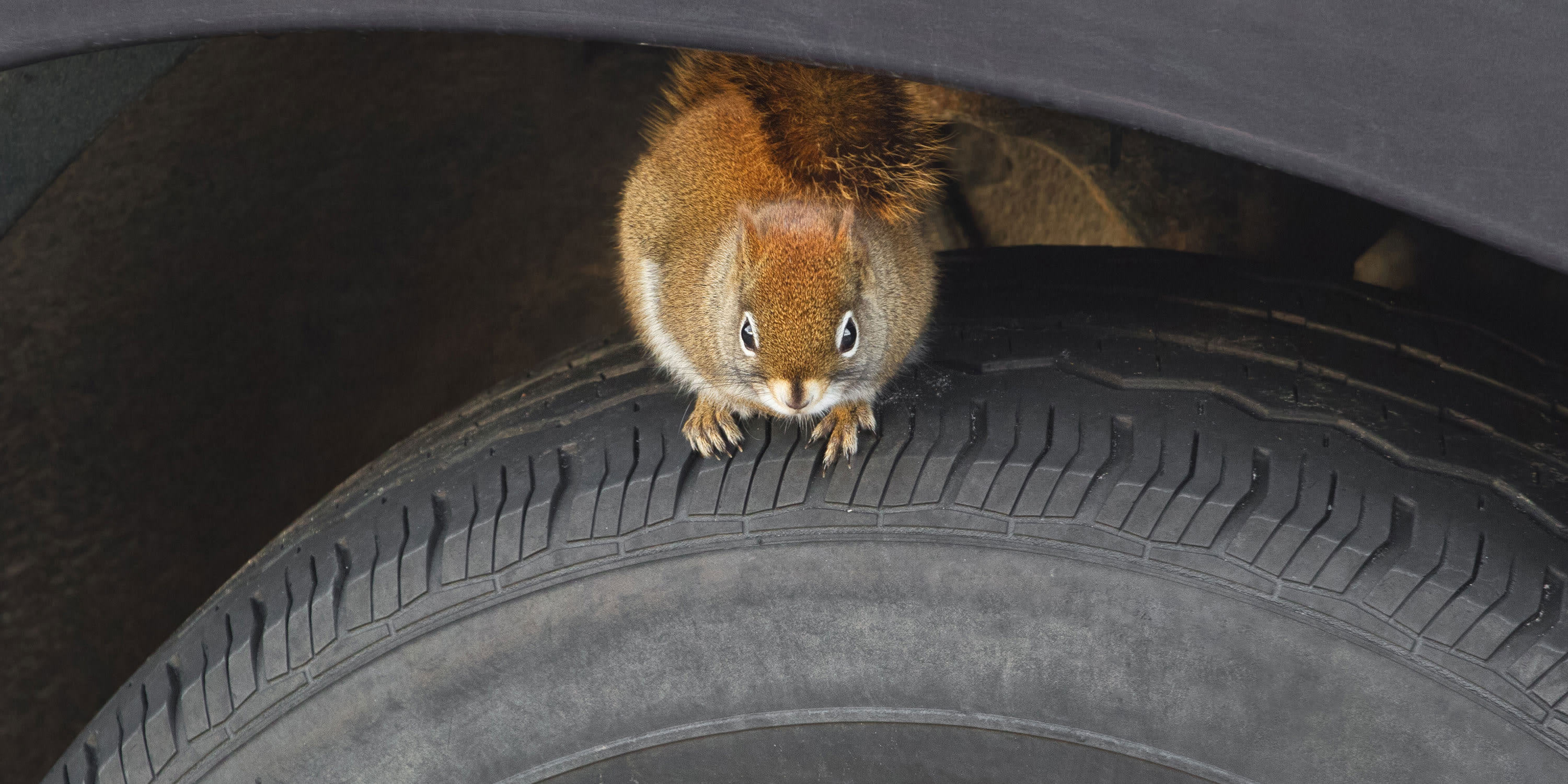
Credit: mwg.aaa.com
Conclusion
To effectively keep squirrels out of your car engine, it is crucial to implement preventive measures such as using squirrel repellents, sealing any gaps or openings, and keeping your surroundings clean. Regularly inspecting your vehicle and promptly taking action against any signs of squirrel activity can greatly reduce the risk of damage and inconvenience.
By following these simple steps, you can safeguard your car and enjoy a peaceful drive without the hassle of squirrel-related issues. Stay proactive, and keep those furry intruders at bay!


